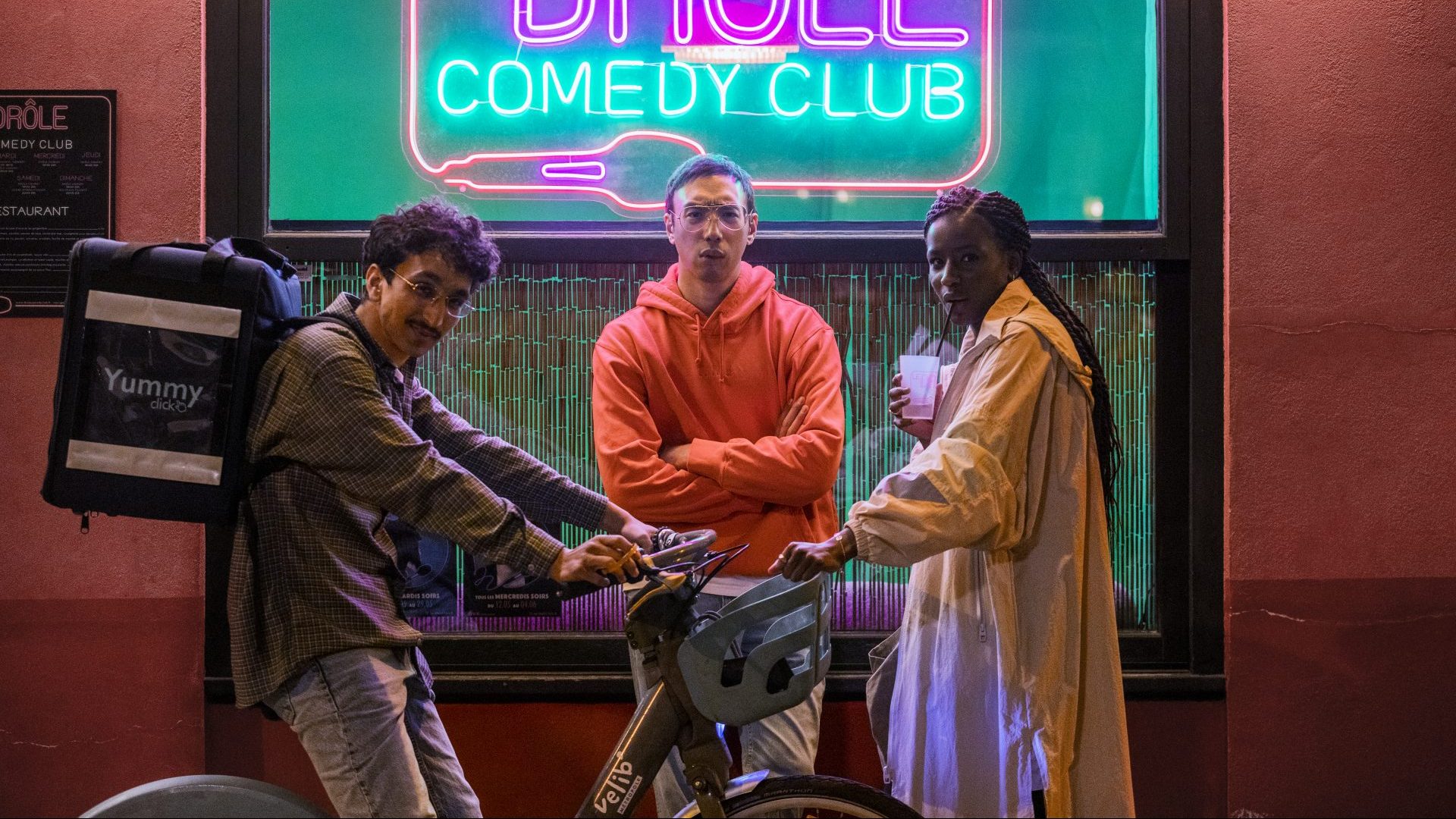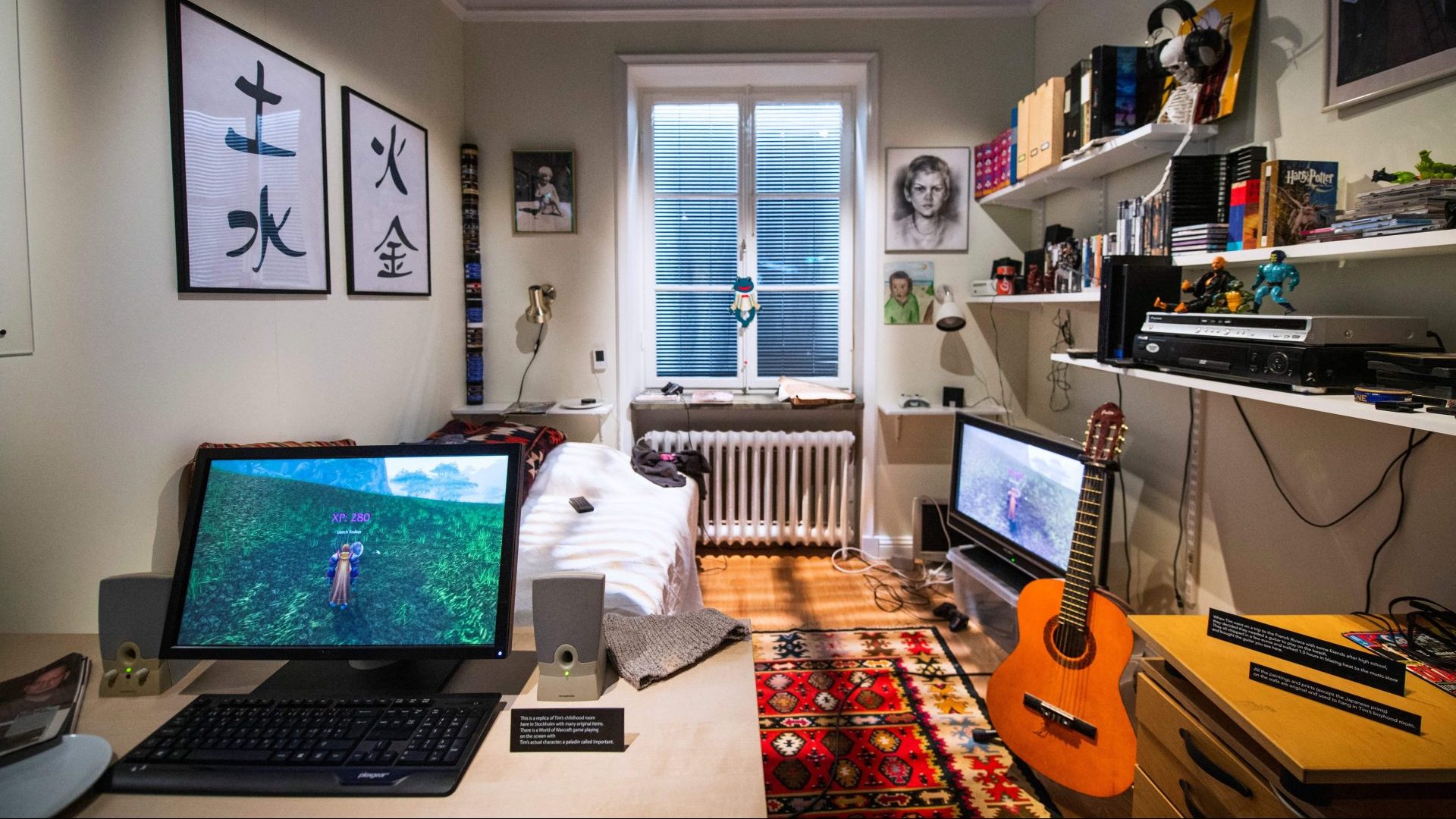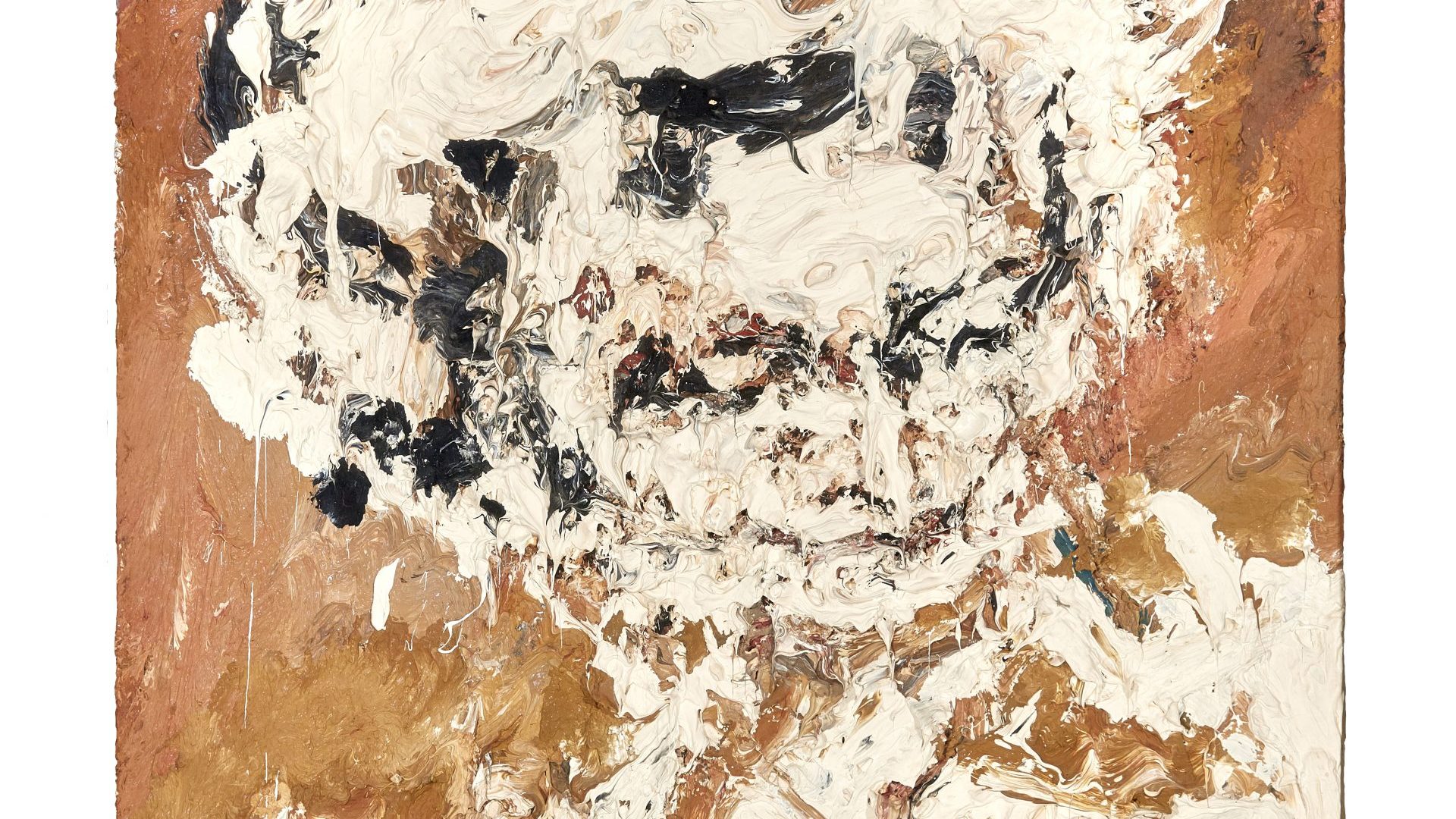I have a shameful secret I try to never think about, which is that in my misspent youth I once spent a season doing stand-up comedy. I spent three
months in libraries chuckling to myself as I wrote down what should have been at best a series of tweets, got artificially gassed up by exclusively performing in tiny rooms full of my eight comedy nerd friends, then went to Edinburgh for a few days and catastrophically fell on my arse when faced with actual normal people who wanted a laugh.
Perhaps because of this ill-fated dalliance I’ve always had a thing for films about comedians – your Funny People, your King of Comedy, your mostly forgotten Tom Hanks vehicle Punchline. I think for me it’s the fascinating dichotomy between the total naked desperation inherent in all comedians and the God-like fluency when they actually pull it off.
The indignity involved seems so hard to imagine enduring to me now, and yet it does seem the purest artistic achievement in a way, to induce someone to involuntarily bark with pleasure and amusement.
New Netflix six-part dramedy Standing Up traces that delicate balance and the precarious line between failure and success. From the maker of the international sensation Call My Agent!, it follows four comics in Paris at varying stages of their careers. Stand-up is in France a more nascent form than in the US or the UK, becoming properly stratospheric only in the 2000s with the success of Jamel Debbouze’s comedy club – which gave a platform to up-and-comers – and with the all-conquering Gad Elmaleh. This means that as a scene it feels more dynamic than its more established equivalents.
That is certainly evident in Standing Up – the landscape of comedy here is excitingly all to play for, refreshingly unburdened by historical context. The
default supremacy of the white man seems to not be ingrained there as it still is here.
This is true both in reality and the show; the vagaries of life as a migrant, a Muslim, a Black woman inform the stand-up sets we see at Le Drôle comedy club (the hangout space for our four comics). Bling (Jean Suien) is a second-generation Vietnamese migrant. He’s the bigshot of the crew, having had breakthrough success in a popular if stupid movie.
This success, however, has led him to a barren period of creativity, which is only further illuminated by the fact he and his sister co-own the club, where he sees a new generation of talent exceed him daily. The concerned producer of his upcoming one-man show presses him to go on stage and show some new material, but under the pressure and the mountains of cocaine he has been inhaling it all goes terribly wrong, and after a series of ill-judged misogynist gags the audience jeers him offstage.
Nezir (Younes Boucif) is Algerian but has lived his whole life in the suburbs of Paris, struggling to make ends meet in a tiny flat with his dad. He is a talented comic, but the demands of his zero-hours job juggling are pressing him to abandon his ambitions. To make some cash he agrees to help Bling come up with new material in secret to help him stage a comeback.
The evening of Bling’s big disaster, a new star rises up to take his place – the slick, charismatic and thoroughly fresh AÏssatou (Mariama Gueye), who does a mildly scandalous set about introducing her boyfriend to the forbidden pleasures of anal foreplay that ends up going viral and kickstarting her career. Her boyfriend, Vlad (Olivier Kissita), is a supportive partner generally but has qualms about having his sex life used for mass entertainment.
Finally there is Appoline (Elsa Guedj), an endearingly strange rich girl who is enthralled by the chaos she sees at Le Drôle and wonders if she could break out of her formatted path and make a go of it herself.
There are some rather familiar tropes at work here, like the fraught romance between posh Appoline and streetwise sweetie Nezir – but you can’t help rooting for them anyway, so sweet and daft are they.
The stand-up is rarely as raucously funny as it is supposed to be when it is going well, but these four characters are so vivid and so well acted that their sets are the least important part.
I found most moving the friendship between AÏssatou and Nezir, both hard-working and determined people with major obstacles to overcome and who must now grapple with their diverging levels of success. There are moments when it seems they will be divided by the change, but they work out ways to support each other instead, in a show of solidarity that really means something in the nakedly competitive hierarchy of fame. This is a seriously lovable new addition to my comedian canon.




